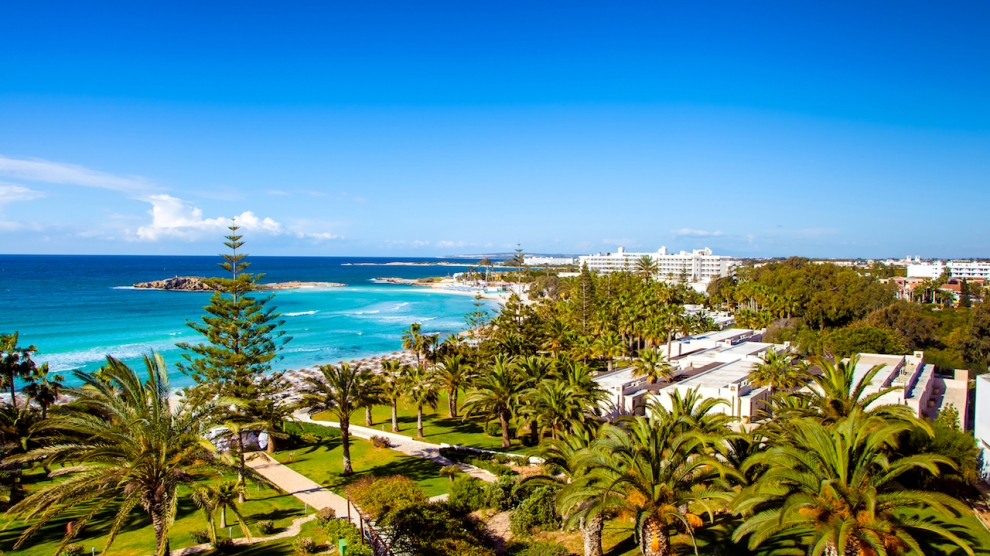The green economy in Cyprus has great potential. The level of solar irradiance in Cyrus is one of the highest in Europe. At the same time, the island is highly dependent on imported sources of energy, principally highly polluting oil and oil products: The energy system is isolated with no interconnections with neighbouring countries and renewables still account for just above five per cent of energy supply.
All of this means that a large variety of projects, related not just to renewable power generation but also to energy efficiency and energy security, are currently under consideration by domestic and foreign investors. They would not only be highly desirable, but today they are also financially viable.
Solar projects have top priority, not least because peak electricity demand coincides with peak production. However, the expansion of renewable power generation, both through small-scale dispersed photovoltaic production as well as in larger facilities, will also require the development of the recently discovered offshore natural gas reserves in order to support energy security through diversification.
High irradiance, the sharply falling prices of solar energy panels and energy security factors all mean that solar power generation in Cyprus could easily exceed ten per cent of the total power generation within a few years. The total renewable power production could reach 15 per cent of the total with the right set of policies. The recently amended legal and regulatory framework will be of critical importance to supporting renewable energy investments. The further liberalisation of the electricity sector, the unbundling of state-owned power company, the upgrade of the power distribution network and significant investments in energy storage are all necessary steps to facilitating investment opportunities in order to achieve the renewable energy targets.
The EBRD has supported the expansion of renewable power generation in Cyprus by financing the construction of five solar energy power plants in 2016, including the single largest solar energy power plant on the island, to date. The completion of these investments will lead to an increase in total solar power generation of about 20 per cent.
Furthermore, the success will help attract more interest from other, private investors. However, while solar power generation in Cyprus continues to grow, investments may be constrained in the short to medium-term by a lack of cash-flow based financing.
Supporting increased renewable energy generation is just one aspect of the EBRD’s aim to boost the sustainable use of resources in Cyprus. Many companies and households would benefit from a more efficient use of energy. Some other ways the EBRD can support investments in a green economy are: advisory services for small and medium-sized enterprises, as well as potential sustainable energy credit lines for businesses and households.
Such investments are highly desirable in Cyprus where many companies are still recovering from the economic crisis and need to focus not only on expansion of their export markets but also on their costs. Energy costs can be tackled relatively easily and this can result in significant savings with a very short payback period. The EBRD is actively assisting such efforts with tailored energy audits, provided by our Advisory for Small Businesses services.
In addition, the EBRD has also organised and participated in seminars and workshops to promote the green economy. The bank is working closely with the relevant authorities in Cyprus, and at European Union level, as well as with other stakeholders including academia, private companies and other experts in the field. Thanks to Aphrodite, Cyprus is also famous as the “Island of Love”. It is the EBRD’s ambition that in the future the island will also be known as ‘green’.
This piece is part of the EBRD 2017 Annual Meeting and Business Forum special report, prepared together with the European Bank for Reconstruction and Development. To register for the event, click on the banner below.
_______________
The views expressed in this opinion editorial are the author’s own and do not necessarily reflect Emerging Europe’s editorial policy.


